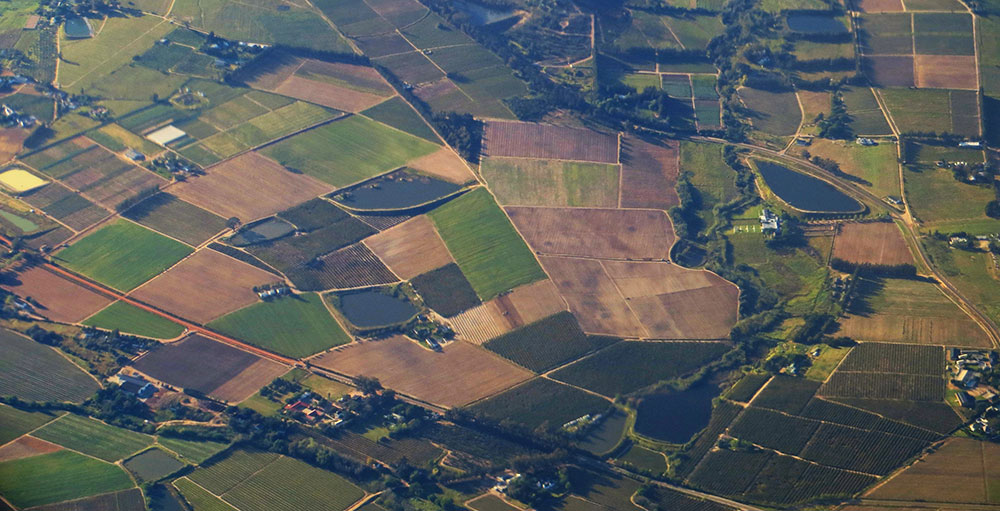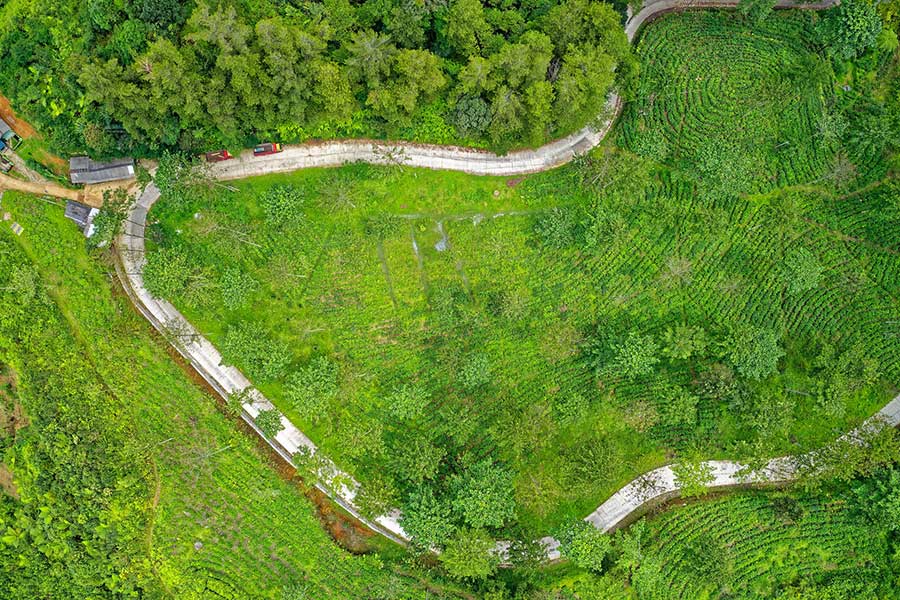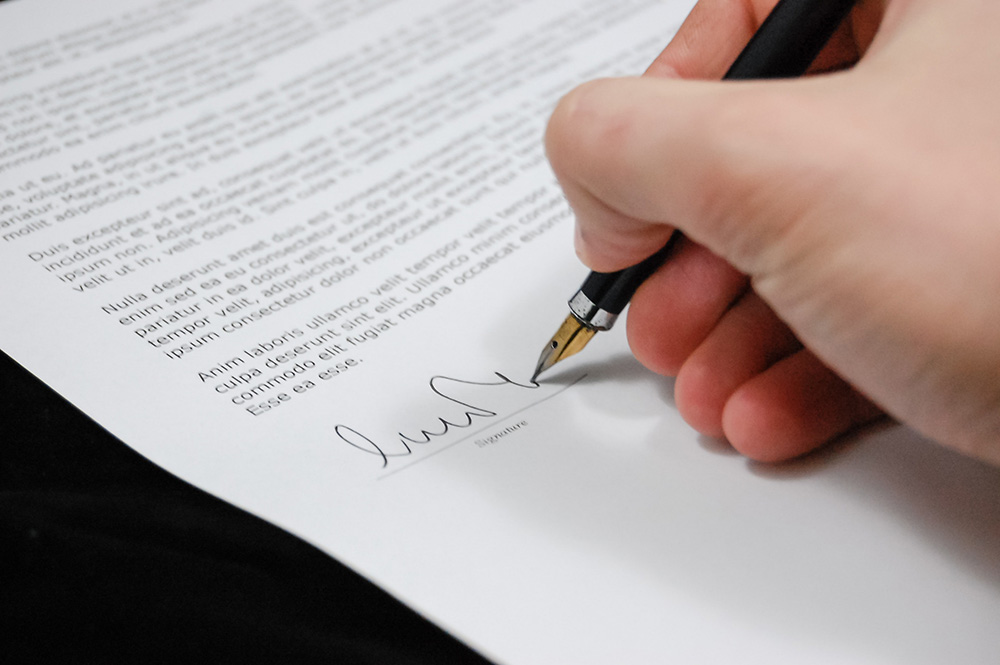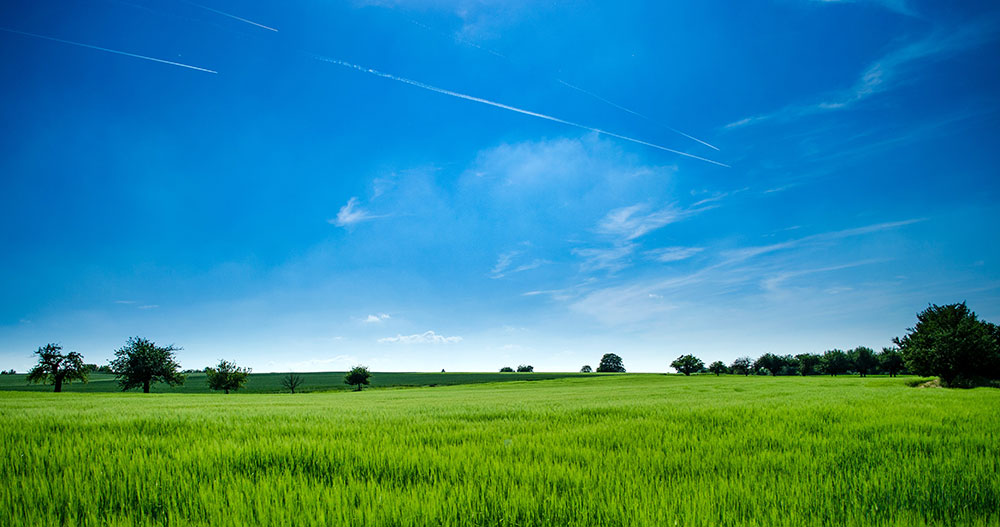How To Find Land To Farm.? Now you have come to the decision that you want to purchase a piece of land for Farming or as a Smallholding for a piece of the good life. First of all, you need to know what type of land you are looking for and what you want to do with it?
The reason I say this is because if you are looking to build a home on the land and farm it. If that piece of land has outlined planning or planning permission already passed on it.
Then it’s going to cost extremely more than a piece of farmland with the potential to start a farm and get planning permission in the future.
If you are like me and want to start a small farm, while also living off the land and building a business in the process. In the future, I may also want to live on my land. Then there are a few things you need to know about looking for land to purchase or lease and ways you can go about this.
First Of All, Do You Want To Rent Or Buy Farmland
If you are just wanting to farm the land and not eventually live on it. Then it maybe better to find a piece of land to rent and lease for your farming adventure. But if you are wanting to eventually live on the land it is going to be a little harder to find.
I say this because land that comes free from clawbacks and covenants will prevent this and it is hard to come by. So there are a couple of ways to find land to farm that fits your purposes.

Where to Find Land For Sale?
So let’s just say you are looking for a piece of land that you just want to start your dream of farming on a small scale. Remember this, that the good life comes at a cost, it’s not just to your wallet, it is going to be hard work. This type of farming is going to take time, lots of learning and a lot of ups and downs.
But let’s get back to finding the land you need. Now what I am going to say next might confuse you. The reason is simple, you might have been looking for land for a while now and you cannot seem to find any for sale?
The normal places to look would be the estate agents, land agents, and farmer’s magazines, etc. This is not the best way to find land for your smallholding.
This is were most people start to look for land
If you do manage to find land through any of these places. Then the land will be full of Covenants and Clawbacks and if you don’t know what these are. I will explain to you as simple as I can.
Checking Covenants & Clawbacks
What are Covenants and Clawbacks? Well, when you go through the normal channels of trying to find land, which in the places I’ve mentioned above. Then the people who are going to be selling the land for the private individuals the “Land Agents”.
Will be advising the sellers to put the Covenants and Clawbacks on the land. Covenants can restrict what you want to do with your farmland.
A Clawback is if you ever manage to build a business and profit from your farm. Then you may eventually want to apply for planning permission to live there. If you do manage to get planning permission for a new home. This will increase the value of your land massively.
Let’s say you pay £20,000 for the land and somehow you have managed to get planning permission for a house. Now your land is worth £200,000 you have to give the seller, who sold you the land 50 – 80%. That’s the increase in value from planning permission once granted on your land.
This is also in cash yes cash or bac’s whatever before you even build a home to live in “Ouch”.
This is why I advise you to go down the route I did and also my friends.
Some people say these Clawbacks are only applied to land which is in the development boundary of a town? I have seen Clawbacks on the land way outside the boundary of a town. So this is not true.
My advice, stay away from the normal way of doing things unless you are buying a home or looking for land with the planning permission, already in place.
The Best Way To Find Land To Farm
As I Said stay away from going down the traditional ways of purchasing land for this reason alone. I always do the leg work, which actually means “leg work” and that is getting out and start looking.
You say but I’ve been looking? But have you? When you purchase a new jumper, for some reason you look around and see lots of people wearing the same jumper? This is because you are really looking now that you have one. The same goes for cars you buy a new car and then you see hundreds of them, which you never noticed before.

Most of the time if you are looking for land you are looking for ” For Sale Signs”.
This is not how you need to be looking. Do you know we go through life taking in only around 10% of what we see around us. Yes, its true 10%, my advice is to open your eyes and look for fields, parcels of land that people may be willing to sell or lease.
Land thats looking untidy and full of dead trees, broken fences, etc.
Years ago houses were built on very large plots. Some houses belonged to farms and have large pieces of land attached.
Now that same house may no longer belong to the farm itself and they don’t want the land. Maybe they cannot manage it and some land is just sitting there, doing nothing.
Talk To Locals In Areas You Are Looking For land

You might be surprised and find it could be a local person who owns the land you may have seen. The owner may be willing to sell the land straight away, no agents just yours and their solicitors.
You don’t even have to use solicitors to purchase land, you can do this yourself through the land registry for a minimal fee. But my advice is to always use a solicitor. This makes sure all the proper checks are done and you have security in place if things go wrong.
Now when you see the land that you think is big enough for your needs. Approach the local houses in the area and make sure to be polite and nice and don’t be shy. Ask who owns that land and if they know how you can contact them.
Start a conversation and you will be surprised how open some people are. If the land is unkept it could be an eye saw to them. They would love to see a new owner for it as it will make the area a better place to live.
They will be able to tell you if the owner ever visits the land. Locals can give you lots of information, about the land in question. They live in the area so there is know better resource.
This is how I found my land, right on my doorstep by knocking on doors and asking local people. Yes, I was looking further afield, but it just so happened it was right in front of me, all the time I was looking. I literally walked into a horse tack shop and asked the shop owner, who pointed me in the right direction.
Land Registry Search
If you cannot find the owner by asking around then there are other ways and means of doing this. You can go on the Land Registry website. If the land has changed hands since 1990 it will have been registered with them.
If the land was sold before 1990 then someone will just have the Title Deeds unless they registered it, without selling it.
Once you are on the “Land Registry Website“. If you look at the Google maps, which is available on the Land Registry Site. Find the land you have found and put the cursor over the land in question. This will tell you if they have the land registered in their system.
This is of course if you manage to find it, sometimes it takes a little time, but you will find it. It just takes a little time to get your bearings on the map.
Quick Tip: I would always look for the closest home to the land I have seen and think it would make a good purchase. Make a note of where it is, this gives you the general idea of the area on Google Maps. Then it is much easier to find the land and where it is situated on the Land Registry Maps page.
Once on the land registry site, you can purchase a copy of the title deeds. These will have the owner’s name, address and everything else you need to know about the land for a small fee of £3.
Time To Contact The Owners
Now you have the information at hand contact the owners by letter or if you can find their email or any other contact information. You can ask if they are willing to sell the land? If they say yes you are in luck and now you just have to negotiate the price.
If they say no which is probably going to happen unless you are really in luck. It would be really good luck if you found someone willing to sell on your first shot. But what has it cost you £3? This is nothing to your ultimate goal, move onto the next piece.
If its farmland you are not going to pay over the max price per acre, which is at this time of writing around £12,000 – £15,000 per acre. This can be lower £6000 or even less or higher and change depending on where the land is. If the land is close to your town or the land is hilly, etc. Lots of factors come into play when it comes to the selling price.
You can check out my post on How Much Does One Acre Of Farmland Cost
The smaller the pieces seem to cost more as they tend to come up less frequently. The reason being more people can afford let’s say £20,000 – £30,000 for a couple of acres. Than £600,000 for a 100 acre at the price of £6000 per acre.
How I Got My Land For Free
The land I ended up purchasing, turned out great for me. I had to use all my savings and I also sold everything I could to purchase the land. I managed to purchase 6 acres of land which was great but it was too much and double what I needed.
It was not the best land with direct road access. I have to access my land through the same access as several other homes and small landowners around me, but I do not mind this.
Now I was only looking for around 2 – 3 acres of land. Which I could not find local anywhere and I looked for some time. The man selling the land would not split it up and would only sell in one piece. I was in a little pickle, but I found a way to pay for the whole plot.
In the end, I managed to purchase the land in question and had a plan for how to get my money back and have the size of the plot I wanted. Knowing lots of people looking to purchase smaller pieces of land and there are lots of people out there. I waited for 4 years to get the right person to purchase half of my land.
Meaning the right person who would care for their land as I did mine. Then I sold them half of the land for the price I paid for the full piece of land, which left me with my piece of land for free.
While I was holding out for the right person to come along to sell half my land. I carried on with the infrastructure of my farm.
The piece of land I kept, had the planning permission and electricity connected. The planning permission was for 6 horse stables.
I also put a few other details into the sale of the Land and that was –
The buyer had to install the road for access to his plot, also pay and install my water connection, in turn. I let him have access to my electricity connection through my land for free.
Having paid £6000 for the electrical connection to the national grid. I could have charged him to access that electricity and to cross my land. This could have been several thousand pounds.
The buyer also paid for the fencing to split the land into two parcels of 3 acres each. He now also has planning permission for stables also.
After the sale, I then turned my land back to agriculture and the stables have now been turned into animal housing.
If You Do Manage To Find Land To Farm
If you’ve found a piece of land that you think looks great for your farming needs but looks a bit of a mess now. You might need to look further down the line and use your imagination.
Check Out My Post On Planning Your SmallHolding you can see how I planned my small farm out. This is the best way to start and that is with a plan to follow.
A plan also helps to show people or the council planning department what you are going to be doing with the land. It also gives you an idea of what your farm will look like after you have finished.
It could be a look a mess now, but you can soon sort that out. Just like I did it will take a little hard work. You can soon hire machines to clear the land. This will cost a lot less money and take a lot less time than by hand.
This is where a plan of what you want to put where and how is great. You can make good time savings with the use of the machine following your plan. Instead of stood there scratching your head thinking what to do next?
If you choose to do it by hand it will take a lot longer and cost you more in the long run. I only purchased a long hayfield, it also had an area of boggy ground.
It also had broken fencing and other minor issues. Things like building the access track that I needed to get to the land. This was all done in a couple of weeks or so after purchase.
I also turned that boggy ground into a pond by digging it all out with a borrowed 360 Mini Digger. Placed a few land drains in and let the pond fill up naturally and now it is a haven for wildlife.
Do Your Checks
By checks, I mean you want to make sure there are no restrictive Covenants on the land already? Some covenants like mineral rights etc are on most deeds for some reason. Most of the time it means nothing that will affect you, they will have been on there for many years.
Some other things you will see might be wayleaves and easements for water and electric companies, which can be good for you as you know the utilities are nearby.
But you could also find not so nice Covenants that say the land should not be used for what you want it for. You can see this information on the deeds you paid for from the land registry. Things to look out for are things like, do you have the right to access the land by vehicle or is it just foot access?
You want vehicle access for sure if you will be using it for farming. Others could be things like you cannot build a large slaughterhouse or smelly pig sheds etc. Some others could be you cannot start a business on the land that affects the neighbors.
This will all come down to what you want the land for and what you are planning to do with it. Most land can be used for farming and it is very rare that you could not start a farm on the land.
If you are just looking for a smallholding you should have no problem. Local councils are mostly supportive of farming, but this does not mean you can just move on in and live on it.
If you wanted to do that, that is a whole different ball game and takes time, business plans and a lot more. So farming is easy planning to live there is not, take it from me.
Double Check The Land Itself
The other checks you may want to do is go to the land after heavy rain. This is to make sure that the fields or land do not turn into boggy fields after a little rain.
The land will always get wet and soggy after a rainy day or night like any land. What you do not want to see is massive pools of surface water.
I have seen what looks like flat land end up with large ponds in the middle after a couple of days of rain. Try to visit the land in all weather types and make sure it has no problems.
Sometimes you may be able to sort some problems out if you have the skills or money to put it right. If it does have problems and you can put it right, or don’t mind a big pond. It could also help you get the land cheaper.
Ask Your Solicitor To Double-Check
So if you have gotten this far and you are in the motions of purchasing the land. You will be talking to your overpriced Land Conveyancing Solicitors who will charge you a pretty penny. You may also have to pay your sellers fees also.
This could help you in purchasing your land in the first place. If you offer to pay their “Legal Fees” to get them to sell you the land, that could seal the deal.
Make sure they do all the checks, write a list of questions down that you want to ask your solicitor. Tell them to check the access rights and all the covenants and wayleaves associated with the land, if any.

Once all the checks have been done, then it’s just a matter of signing the contract and you will be the proud owners of your very own plot of land.
Now you have that out the way, you can get on with living your dream and yes you are going to have ups and downs, but it will be an adventure for sure.
If you don’t have money to purchase farmland then you can claim land free. Check out my Claim-Land-For-Free-Uk

